|
The AWSC is delighted to announce that its collaborations with The Ohio State University (OSU) and the United States Department of Agriculture's Livestock Behavior Research Unit (LBRU) have been formalised through memoranda of understanding between the University and the US institutions.
The AWSC has a long history of collaboration with OSU through collaboration in teaching, research (pigs and lamb) and extension (ProHand Pigs). We look forward to increasing collaboration with key OSU scientists. Our relationship with LBRU has recently borne fruit with Jeremy Marchant-Forde's contribution towards our recently-awarded ARC Linkage Project which will examine stress resilience in pigs. The Animal Welfare Science Students of UniMelb recently presented a workshop on scientific writing which was delivered by Prof. David Lindsay. Over 100 people registered! It was such an inspiring day. Great turnout, great seminar, great food!
David's presentation can be downloaded HERE Wednesday 15th May 2019 2.00pm – 3.00pm VETERINARY PRECLINICAL SCIENCES-214 [SMALL THEATRE] Corner Flemington Rd and Park Dr, Parkville VIC 3052 - (Entry to building from Park Drive) RSVP before 3rd May to Jeremy Skuse Mike obtained a PhD in animal behaviour at Cambridge University in 1986. He then took a Royal Society European Research Fellowship to continue his work on behavioural development at Groningen University in the Netherlands, before returning to work at Cambridge University Vet School where he moved into the field of applied animal behaviour and welfare. He subsequently took up a position as a Behavioural Scientist at the Scottish Agricultural College in Edinburgh, continuing his work on pig behaviour and welfare, and then moved to Bristol University Vet School where he is now Professor of Animal Behaviour and Welfare
His current research interests are in the study of cognition, emotion, and social behaviour in domestic animals, with a view to using this information to improve animal welfare. Together with Dr Liz Paul, he developed a novel ‘cognitive bias’ approach to the assessment of animal emotions which draws on theory and findings from human psychology and cognitive neuroscience. Mike was awarded the UFAW Medal in 2014 for his contributions to animal welfare science, and the RSPCA/BSAS Award for Innovative Developments in Animal Welfare in 2015. Mike also works on more applied animal welfare issues, with current interests in the relationship between housing and husbandry procedures and the health and welfare of farm, laboratory and zoo animals, and chronic pain conditions in domestic dogs. It is 10 years since the Black Saturday Victorian bushfires which claimed the lives of John and Jenny Barnett along with so many others.
This week, we remember John, Jenny and all affected on and after that terrible day. John’s main area of expertise was stress physiology and its application to the study of domestic animal welfare. His research over 30 years provided a timely balance on discussions within science and the livestock industries on welfare methodology and interpretations and the impact of his research continues to improve animal welfare methodology. John’s research on pigs and poultry made a critical contribution to our understanding of the welfare risks associated with confinement housing, highlighting the major risks of confinement that arise from spatial and social restriction. He worked extensively with the livestock industries in developing welfare components of livestock industry QA programs and in assisting to achieve improvements in awareness and practices to safeguard animal welfare standards. His outstanding scientific efforts have been highly acclaimed nationally and internationally by both science and the livestock industries and animal welfare science has greatly missed his important contributions. Jenny was a researcher with the Victorian National Parks Association, completed work on mammal counts, endangered species and fuel-reduction burning, which she supported in the state's national parks. She was also a voice for the environment, tirelessly campaigning on wildlife issues in the media. A global review of the international scientific literature around pig welfare has been completed by the Animal Welfare Science Centre (AWSC) at the University of Melbourne.
The review, funded by Australian Pork Limited provides recommendations and future research suggestions for welfare issues relevant to the Australian pig industry ahead of the development of new Australian Animal Welfare Standards and Guidelines for Pigs. The review can be downloaded here. Advanced Biotechnologies to Improve the Welfare of Farm AnimalsSince the 1950s, farm animal breeding has incorporated many new technologies to enhance food production. With the most recent introduction of technologies for genome editing, animal breeders now have another tool to improve not only performance, but also to address important traits related to health, environmental sustainability and animal welfare.
In this public seminar, which will be accessible to both scientists and members of the general public, we will learn about some new technologies that are being used in the livestock sector. RSVP before Feb 11 to [email protected] The AWSC, University of Melbourne is leading an Australian Research Council Linkage project aimed at improving pig welfare by modulating stress resilience.
Project partners include the University of Queensland, the University of Vienna, the US Dept of Ag, Australasian Pork Research Institute Limited, SunPork Solutions and Rivalea Australia. ARC funding for the three-year project, ‘Early stress experiences and stress resilience in pigs’, was $450,000 with an additional $449,393 cash from the partners. Paul Hemsworth, Animal Welfare Science Centre, The University of Melbourne, and Alan Tilbrook, Queensland Alliance for Agriculture and Food Innovation, The University of Queensland, said the project would examine stress resilience in pigs and generate knowledge on early life management to endow stress resilience in pigs, with expected benefits for their welfare, health, productivity and subsequent farm profitability. “Modern pig farming is a major source of food, providing substantial nutritional, social and economic benefits for Australia and the world,” Professor Hemsworth said. “Animal welfare is of increasing concern to the public, consumers and pork producers and stress vulnerability is an animal health and production problem in the life of the commercial pig.” Project investigators are Professor Paul Hemsworth (The University of Melbourne); Professor Alan Tilbrook (The University of Queensland); Dr Jeremy Marchant Forde (USDA - Agricultural Research Service, USA); Associate Professor Roger Rassool (The University of Melbourne) and Professor Jean-Loup Rault (University of Veterinary Medicine, Vienna). The investigators agree that prior stressful experiences early in life may strengthen an animal’s resistance to subsequent stressors. Professor Hemsworth said reducing farm animal stress would have substantial economic and social benefits, because stress reduced animal welfare, productivity and health. “Importantly, public animal welfare concerns can dramatically affect welfare-based purchasing decisions and curtail farm profitability and the continued use of specific animal practices,” he noted.
|
NewsResearch, engagement and teaching activities and achievements. Archives
May 2024
Categories |
Copyright © 2019 AWSC
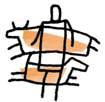
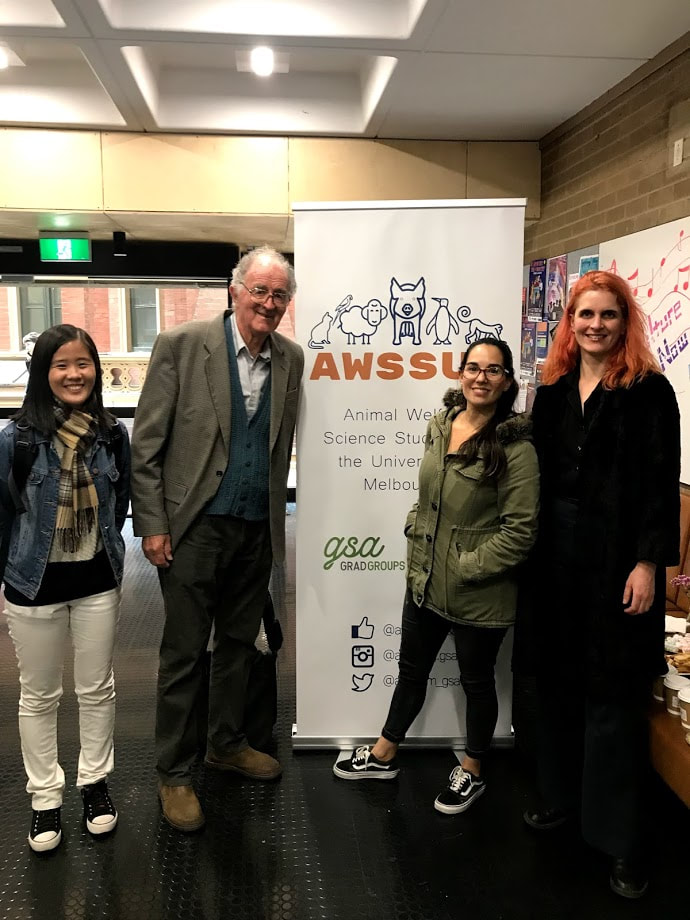
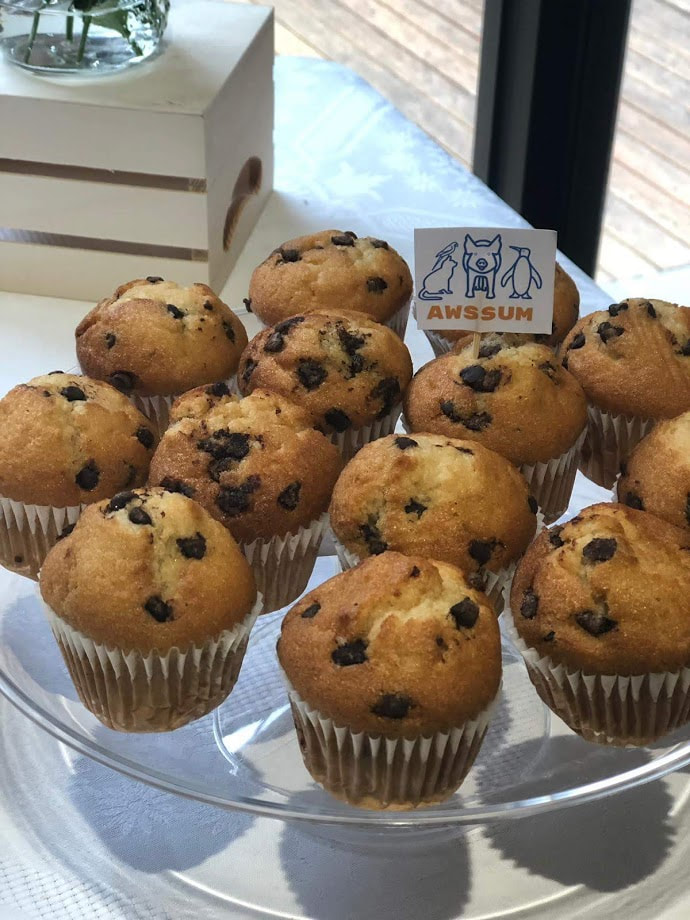

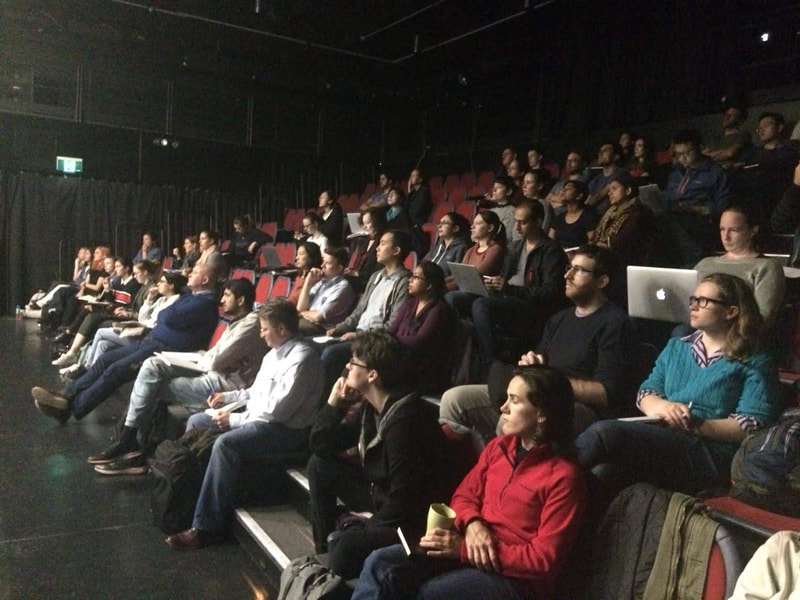

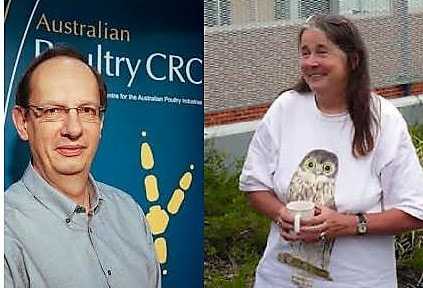
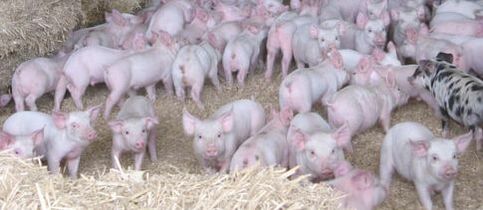
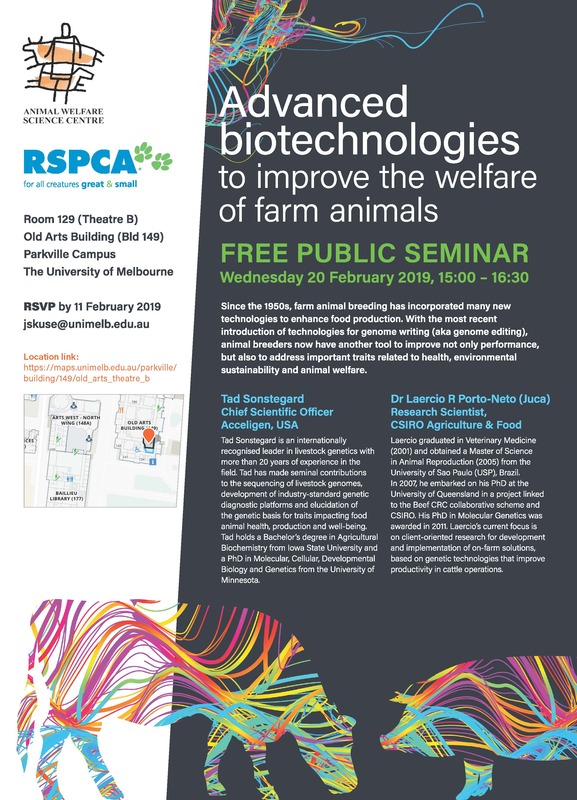
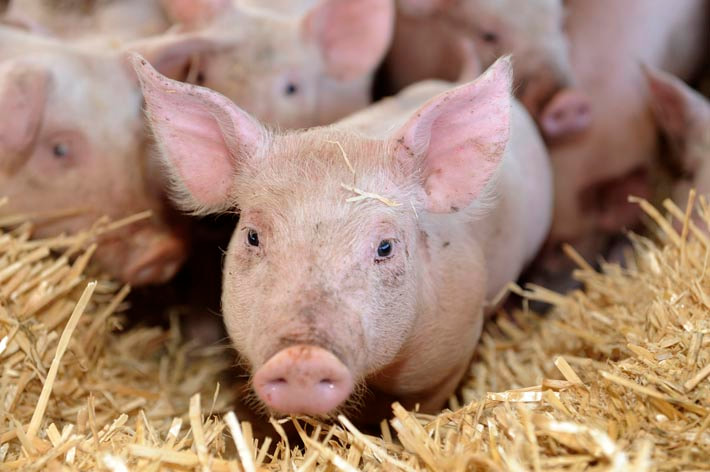

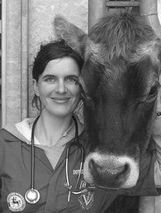
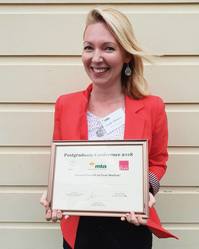
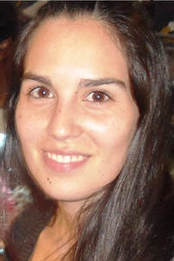
 RSS Feed
RSS Feed